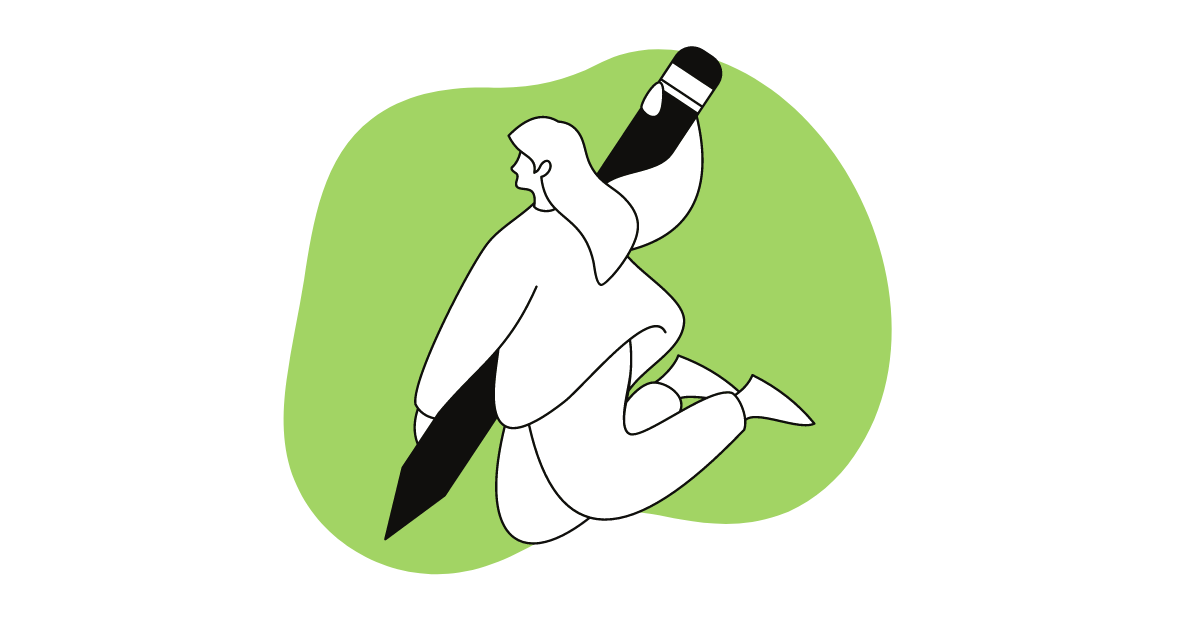Interviews often include challenging questions designed to assess your problem-solving skills, resilience, and ability to think on your feet. In this lesson, we will delve into strategies for successfully handling difficult interview questions. By understanding how to approach these scenarios with confidence and showcasing your strengths, you can turn challenging questions into opportunities to shine and impress potential employers.
Successfully handling difficult interview questions involves the following strategies:
Stay Calm and Composed:
- Take a deep breath and remain composed when faced with a challenging question. Maintain a confident and positive demeanor throughout your response.
- Pause briefly to gather your thoughts and structure your answer before delivering a well-thought-out response.
Active Listening and Clarification:
- Listen carefully to the question and ensure you understand it fully before responding. If needed, ask for clarification or additional information to provide a more precise answer.
- Paraphrase the question to confirm your understanding and to show the interviewer that you are actively engaged in the conversation.
Analyze and Structure Your Response:
- Break down the question into its key components to identify the main points you need to address.
- Structure your response in a logical and organized manner, using the STAR method (Situation, Task, Action, Result) to provide a clear and concise narrative.
Showcase Problem-Solving Abilities:
- Highlight your problem-solving skills by explaining your thought process when addressing the question. Walk the interviewer through your logical approach and any creative or innovative solutions you propose.
- Provide examples from your past experiences that demonstrate your ability to overcome challenges and find effective solutions.
Focus on Positive Outcomes and Lessons Learned:
- Emphasize positive outcomes and lessons learned from past experiences related to the question.
- Showcase your ability to reflect on challenging situations and demonstrate personal growth and resilience.
Benefits:
Implementing effective strategies for handling difficult interview questions offers several benefits:
- Confidence and Composure: By staying calm and composed, you can tackle challenging questions with confidence, allowing your true abilities to shine.
- Problem-Solving Showcase: Demonstrating strong problem-solving skills showcases your ability to think critically, adapt, and find solutions even in difficult situations.
- Differentiation: Successfully addressing difficult questions sets you apart from other candidates and leaves a lasting impression on potential employers.
- Adaptability and Resilience: Effectively handling challenging scenarios highlights your adaptability and resilience, qualities that are highly valued by employers.
Strategic Ways to Implement “Handling Difficult Interview Questions”:
- Practice mock interviews with challenging questions to familiarize yourself with various scenarios and refine your responses.
- Analyze challenging situations from your past experiences and reflect on the lessons learned and positive outcomes to draw upon during interviews.
- Seek feedback from mentors, friends, or career advisors to identify areas for improvement and refine your approach to difficult questions.
- Stay updated on industry trends, challenges, and current events to be prepared for questions that may relate to these topics.
Conclusion:
Handling difficult interview questions requires preparation, composure, and strategic thinking. By implementing the strategies discussed in this lesson, you can confidently address challenging scenarios, showcase your strengths, and impress potential employers with your problem-solving abilities. Remember, difficult questions are opportunities to demonstrate your adaptability and resilience, so approach them with confidence and use them as a chance to highlight your skills and experiences.
FAQs:
What should I do if I don't know the answer to a difficult interview question?
If you don’t know the answer to a question, be honest and transparent. Instead of guessing or providing incorrect information, express your willingness to learn and find a solution. Focus on your problem-solving abilities and highlight similar situations where you successfully navigated unknown territory.
How can I handle questions about past failures or challenges?
When addressing questions about past failures or challenges, focus on the lessons learned and the steps you took to overcome them. Emphasize your resilience, growth, and ability to apply those lessons in future situations. Avoid blaming others or dwelling on negative aspects; instead, highlight how those experiences have shaped you positively.
What if I feel nervous or overwhelmed during the interview when faced with a difficult question?
Feeling nervous is natural, but remember to take a deep breath and maintain composure. Pause for a moment to gather your thoughts before responding. Remind yourself of your strengths, qualifications, and preparation. Focus on presenting your best self and showcasing your problem-solving abilities.
Can I ask for clarification if I don't fully understand a difficult question?
Yes, it is perfectly acceptable to ask for clarification or additional information if you don’t fully understand a difficult question. This demonstrates your active listening skills and a desire to provide an accurate and thoughtful response.
What should I do if I don't understand a question during an interview?
If you don’t understand a question, politely ask the interviewer to clarify or rephrase it. It’s better to seek clarification than to provide an inaccurate or unrelated response.













